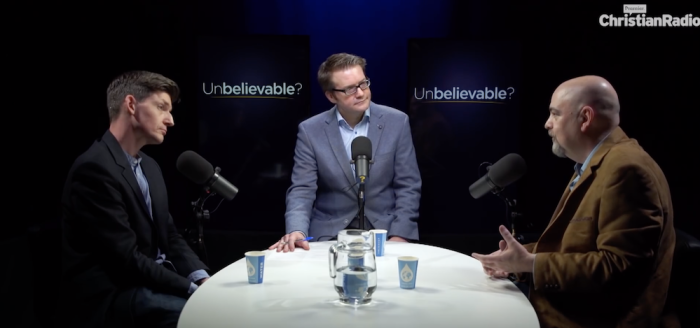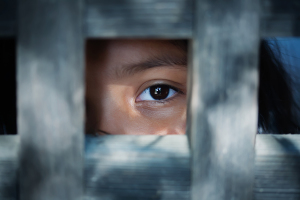'Religious people live longer, happier' lives, evangelist argues in debate against atheist

Glen Scrivener, director of the evangelistic ministry Speak Life, went head-to-head with famed atheist commentator Matt Dillahunty and argued that religious people are happier and live longer than those who do not believe in God.
The Australian-born Anglican minister and Dillahunty, an American atheist activist and host of the popular Atheist Experience YouTube show, were guests on The Big Conversation on Friday. The show is an online debate series moderated by “Unbelievable?” host Justin Brierley.
A question asked throughout the discussion was “can atheism deliver a better world?” Scrivener held the position that “intrinsic religiosity,” people whose lives are informed by their faith, is the way to live one's best life.
“If you ask those people [with an intrinsic religiosity] on any kind of measure of reproduction: how many babies do you have, longer life, are you happier?, their resistance to depression, to recovery from illness, recovery from surgery, resistance to divorce, to suicide, there are any number of factors where an intrinsic religiosity would make society better … they give more money to charity,” Scrivener said during the debate.
The minister also noted that people of faith give more to secular charities than secular people do.
He continued, “There is a tremendous amount of public benefit for religions to flourish in societies. Those people thrive in a world where, if the government were able to put a magic elixir into the water that could deliver those benefits — longer life, happier, healthier, societies, all of these things have been demonstrated in thousands of studies — it would make society better.”
Dillahunty argued in The Big Conversation debate that he doesn’t believe quality of life is attributed to religion, but rather having a good community. He insisted that secular people would do the same if they could strengthen their community.
“The truth has to do with who we are and it maybe is the case that what people need is the community which religions have done a really good job of building. And it’s one of the things that secular organizations are working toward doing now, building stronger communities,” Dillahunty said.
“But we had to fight for just the right to exist and be open and talk about this before we could get to a point of building those sorts of communities,” he added.
The self-professed atheist and host of The Atheist Experience then declared that he can “prove prayer works.”
“If you’re in a cave and you pray, you are more likely to be rescued. Not because there’s some God listening to answer that, but because prayer has a calming effect on you which extends the amount of time that you can be trapped, which extends the likelihood that you can be rescued,” Dillahunty asserted.
Scrivener based his claims about happiness and longevity as it relates to religion on several new studies, including those by atheist psychologist Jonathan Haidt. In a paper titled, “Moral Psychology and the Misunderstanding of Religion,” Haidt says that religious believers in the United States are “happier, healthier, longer-lived, and more generous.”
The conversation also touched on human value and who determines that if not the Judeo Christian belief system, to which Dillahunty responded by saying that he didn’t know.
Scrivener concluded: “The consequences of getting rid of this story, especially the Christian story of the God who became weak, is to create a certain callousness in the rest of society, and I think that issue will play out in negative ways about how we treat the least and the last and the lost.”
Watch the debate between Scrivener and Dillahunty in its the entirety below:




























